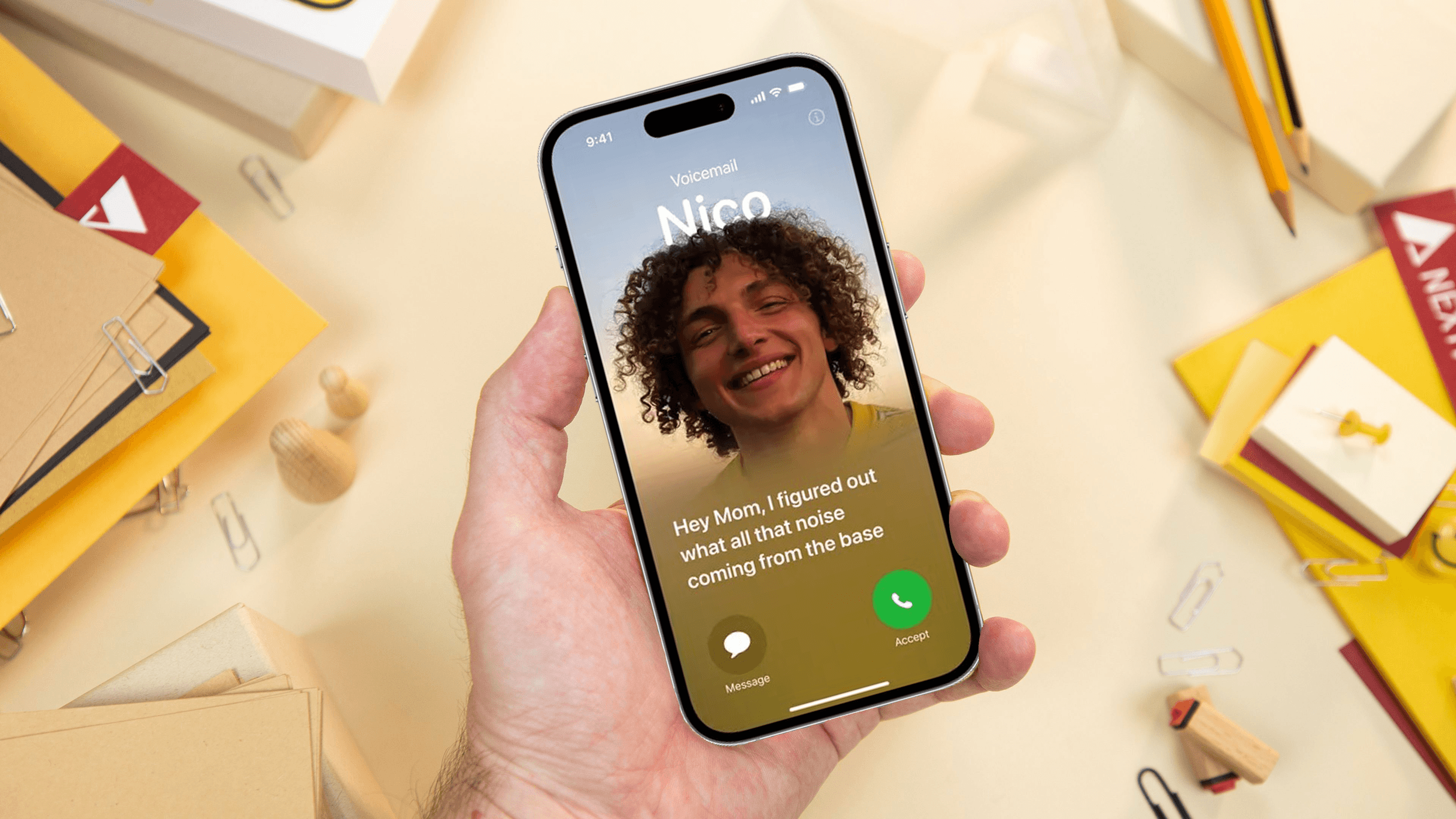
There has been a debate raging over whether or not work created by generative artificial intelligence can be copyrighted. Some judges have ruled no, of course not, that would be absurd; others have argued the opposite. On Friday, the computers took another L.
A federal judge ruled to uphold a finding from the U.S. Copyright Office that states that pieces of art that are created by AI are not protected by copyright law. As the Hollywood Reporter found, U.S. District Judge Beryl Howell, who delivered the ruling, said copyright law hasn’t ever protected “works generated by new forms of technology operating absent any guiding human hand.”
Google is looking into doling out AI-generated life advice
Stephen Thaler, the chief executive of the neural network firm Imagination Engines, has been leading the charge in hopes of copywriting AI works, according to the Hollywood Reporter. In his lawsuit, he argued that AI should be acknowledged “as an author where it otherwise meets authorship criteria” and that works generated completely and solely by artificial intelligence should be protected by copyright law.
“In the absence of any human involvement in the creation of the work, the clear and straightforward answer is the one given by the Register: No,” Howell wrote, adding that copyright law “protects only works of human creation.”
But it’s all still a bit convoluted. In March, the U.S. Copyright Office itself published guidance saying it is open to granting protection and ownership to AI-generated work on a “case-by-case” basis. Basically, if something is created completely by AI, then it is not copyrightable; if it is created by a human with the support of AI, then it could potentially be copyrightable.
“The Office will consider whether the AI contributions are the result of ‘mechanical reproduction’ or instead of an author’s ‘own original mental conception, to which [the author] gave visible form,'” Shira Perlmutter, the director of the Copyright Office, said at the time.
All the while, this is a particularly sticky situation for artists, people who work with artists, and anyone who enjoys any kind of art. Writers and actors in the WAG/SAG-AFTRA union have been on strike for more than 100 days, partially because of the fear that studios might use generative AI to write scripts and act in films, rendering some jobs useless and most TV bad.

![Watch “Love Notes to Newton” Documentary on the Apple Newton [Video] Watch “Love Notes to Newton” Documentary on the Apple Newton [Video]](https://cdn.osxdaily.com/wp-content/uploads/2023/08/apple-newton-and-ipad.jpg)






